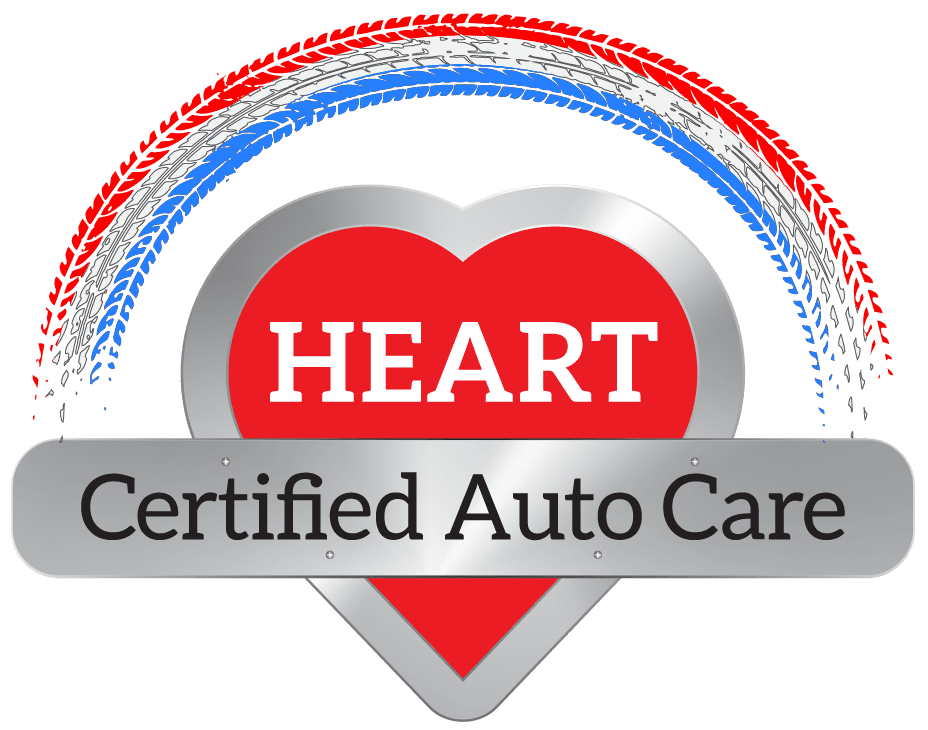Engine coolant leaks can be a costly and dangerous problem. If not detected and repaired in a timely manner, they can cause serious engine damage and result in costly repairs. Knowing what to look for when it comes to coolant leak detection and repair in Evanston can help you stay on top of any potential issues and ensure that your vehicle runs smoothly and safely.
What is an Engine Coolant Leak?
A coolant leak is when a liquid, usually a mixture of water and antifreeze, leaks from the cooling system of your vehicle. The most common places where coolant leaks occur are the radiator, hoses, and engine block. Coolant leaks can cause your engine to overheat, leading to a breakdown.
Diagnosing a Coolant Leak
To diagnose a coolant leak, a technician will first check the entire cooling system for visible signs of leaks. They might also use a pressure tester to find hidden leaks. The pressure tester will pressurize the cooling system, allowing the technician to detect any leaks.
Signs of a Coolant Leak
Your car’s radiator is a vital component in its cooling system, and any leaks in the system can cause major damage to your engine. Coolant leaks are one of the most common causes of engine failure, so it’s important to be aware of the signs of a coolant leak so you can address the problem before it becomes a major issue. Here are some of the warning signs of a coolant leak.
- Low Coolant Level: One of the most obvious signs of a coolant leak is a low coolant level. Check your coolant reservoir regularly and make sure the level is at the “full” mark. If it’s lower than that, you may have a slow leak somewhere in the system.
- Sweet Odor: Coolant has a sweet smell, so if you smell something sweet while driving, it could be a sign of a coolant leak. This sweet smell is caused by ethylene glycol, an ingredient in antifreeze.
- White Exhaust Smoke: If you see white smoke coming out of your tailpipe, it could be a sign of a coolant leak. The white smoke is caused by the burning of the ethylene glycol in the coolant.
- Discolored Coolant: If you check your coolant and it’s a different color than when you last checked it, it could be a sign that there’s a coolant leak. Coolant should be bright green so that any other colors could indicate a leak.
- Overheating: If your engine is overheating, it could be a sign of a coolant leak. The coolant is responsible for keeping the engine cool, so any leaks will cause it to overheat.
If you notice any of these signs, it’s important to address the issue as soon as possible. Coolant leaks can cause major damage to your engine, so it’s important to be aware of the warning signs and have any leaks fixed right away.
Repairing a Coolant Leak
Once the source of the leak is identified, the mechanic will be able to recommend a course of action. In some cases, the problem may be as simple as replacing a hose or gasket. In other cases, it may be necessary to replace a larger part, such as the radiator or water pump.
Preventing a Coolant Leak
The best way to prevent a coolant leak is to have your vehicle inspected regularly. During the inspection, the technician will check the level and condition of the coolant. They will also check for any signs of a leak. If any leaks are found, they can be repaired before they cause any further damage.
Coolant leaks can cause major damage to your engine, so it’s important to detect and repair them as soon as possible. Knowing what to look for and understanding the repair process can help you keep your vehicle running in top condition.
Trust HEART Auto Care for Professional Coolant Leak Repair in Evanston
If you’re in the Evanston area and need professional coolant leak repair, trust HEART Auto Care. Our experienced technicians will quickly assess the situation and make sure your vehicle is running safely and efficiently. We use only the highest quality parts and products to ensure that your repair lasts and your vehicle is running as efficiently as possible. Give us a call today, and let us help you get your vehicle back on the road.






